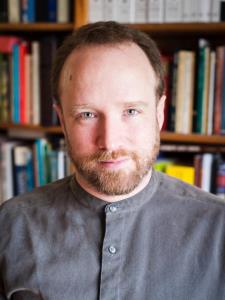The problem with Descartes' cogito is the introduction of the term "I." Why should the entity that is being fooled be "I"? Why must it be an entity or ego at all?
Truly "systematic doubt" should be doubtful about everything, like Husserl's concept of the eidetic reduction as a preamble to a genuine phenomenology (Ideas).
Another difficulty with "I think, therefore I am" is the ergo part. Is it logically or even empirically true that thinking (or whatever it is that is perceived) creates a being. As a counterexample, an amoeba no doubt is a living being but it probably does not "think" in the sense that humans do.
Finally, from the too-easy formulation of the cogito, Descartes went on to formulate Cartesian dualism, which led to him restoring all his previous beliefs in his ego, the physical world, matter, the French monarchy, etc.









Ryan S.
Life forms that can't think aren't counterexamples to the inference from thinking to being; they're rather counterexamples to the inference from being to thinking. Surely it's valid to infer being from thinking (how could something that doesn't exist think?).08/19/19